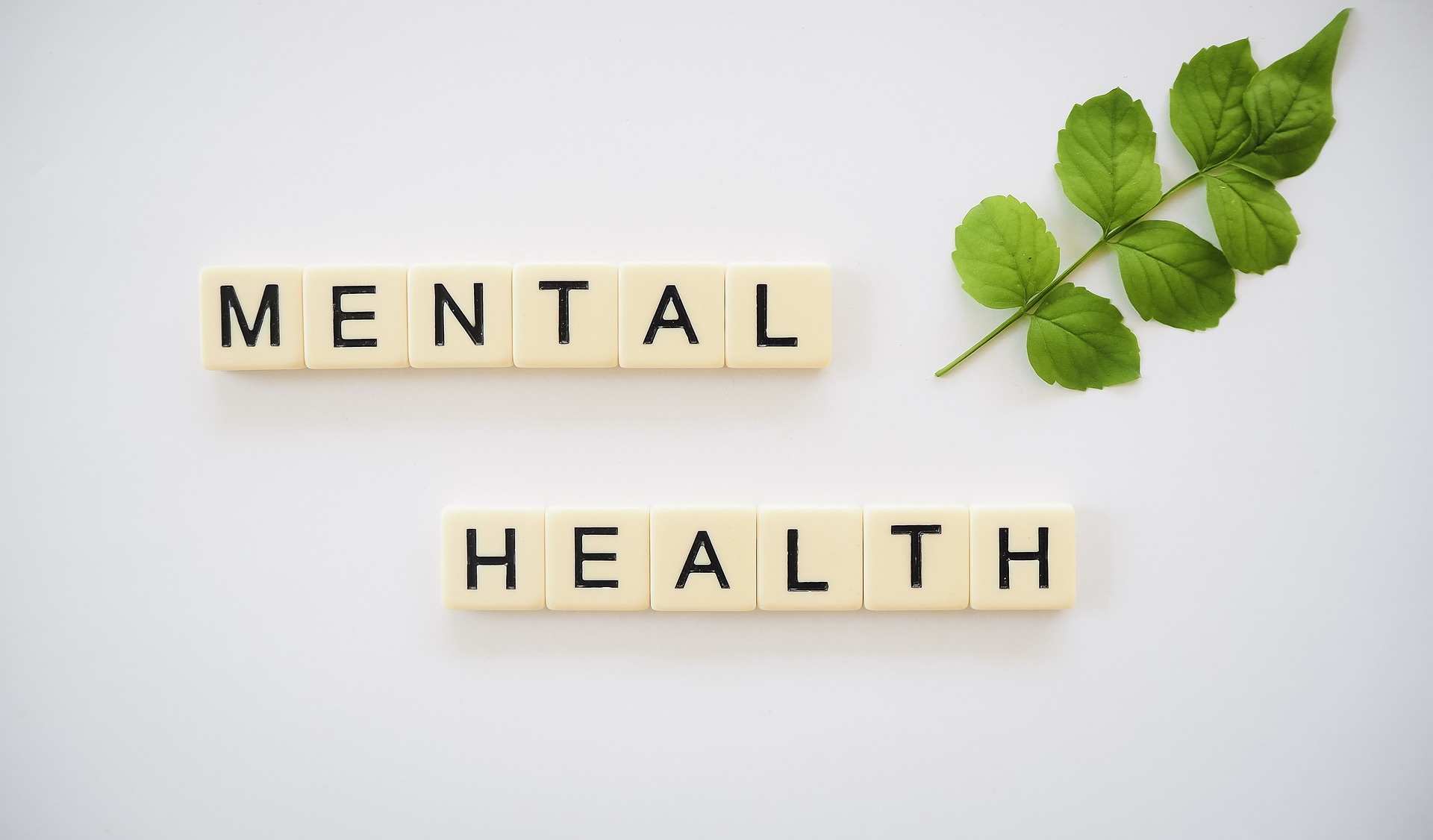How to Identify Symptoms of Bipolar Disorder in Yourself or a Loved One.
Being aware of mental health conditions like bipolar disorder is essential for fostering understanding and support among friends and family. Identifying the symptoms takes more than just observing mood changes; it requires a thorough look at behavior patterns, energy levels, and emotional states.

What are the most common mood swings in bipolar disorder?
Bipolar disorder is characterized by distinct episodes of mania or hypomania and depression. During manic episodes, individuals may experience heightened energy, decreased need for sleep, and increased goal-directed activity. They might feel euphoric, invincible, or irritable. Conversely, depressive episodes involve feelings of sadness, hopelessness, and loss of interest in activities. These mood swings can be severe and last for days or even weeks, significantly impacting daily life and relationships.
How do energy levels fluctuate in bipolar disorder?
Observing energy levels is crucial in identifying bipolar disorder. During manic or hypomanic episodes, individuals may display unusually high energy, often engaging in multiple activities simultaneously or starting new projects with intense enthusiasm. They might speak rapidly, have racing thoughts, and appear restless or agitated. In contrast, depressive episodes are marked by low energy, fatigue, and a lack of motivation. This stark contrast in energy levels between episodes is a hallmark of bipolar disorder.
What behavioral changes are associated with bipolar disorder?
Assessing behavioral changes is essential in recognizing bipolar disorder. During manic episodes, individuals may engage in risky behaviors such as excessive spending, reckless driving, or uncharacteristic sexual activity. They might also demonstrate increased sociability or aggressiveness. In depressive phases, withdrawal from social activities, difficulty concentrating, and indecisiveness are common. These behavioral shifts can be drastic and noticeable to friends and family members, often causing concern and confusion.
How do sleep patterns change in bipolar disorder?
Identifying sleep patterns is a key aspect of recognizing bipolar disorder. During manic episodes, individuals may experience a decreased need for sleep, often feeling energized despite minimal rest. They might stay awake for extended periods without feeling tired. In contrast, depressive episodes can lead to excessive sleeping or insomnia. Some people may have difficulty falling asleep or wake up frequently during the night. These disruptions in sleep patterns can exacerbate mood swings and contribute to the overall instability associated with bipolar disorder.
What are the early warning signs of a manic or depressive episode?
Early recognition of manic or depressive episodes is crucial for managing bipolar disorder effectively. For mania, warning signs may include increased irritability, heightened creativity, or a sudden interest in multiple new projects. Individuals might also experience an inflated sense of self-esteem or grandiosity. Early signs of a depressive episode can include increased social isolation, loss of appetite, or unexplained physical symptoms like headaches or digestive issues. Recognizing these early warning signs can help individuals and their support systems take proactive measures to manage the disorder.
When and how should professional guidance be sought?
Seeking professional guidance is essential if you suspect bipolar disorder in yourself or a loved one. If mood swings, energy fluctuations, or behavioral changes significantly impact daily functioning or relationships, it’s time to consult a mental health professional. Start by scheduling an appointment with a primary care physician or a psychiatrist who can provide a comprehensive evaluation. They may use diagnostic tools, conduct interviews, and review medical history to make an accurate diagnosis. Remember that bipolar disorder is a complex condition, and self-diagnosis is not recommended. Professional assessment ensures proper diagnosis and appropriate treatment planning.
Bipolar disorder is a manageable condition with proper diagnosis and treatment. By understanding the symptoms and seeking timely professional help, individuals can lead fulfilling lives and maintain stable relationships. It’s important to approach the topic with empathy and support, recognizing that each person’s experience with bipolar disorder is unique.
This article is for informational purposes only and should not be considered medical advice. Please consult a qualified healthcare professional for personalized guidance and treatment.




